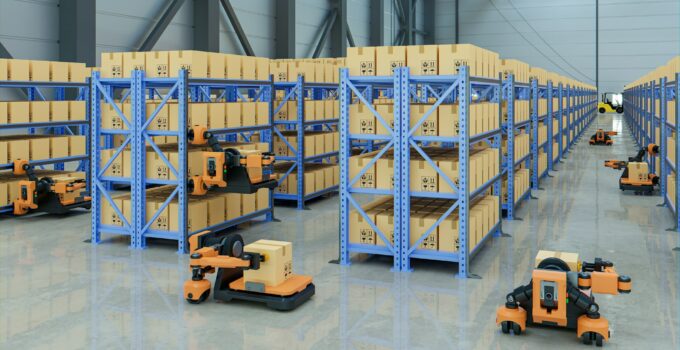Technological automation will create consequences. Some may be good. Some may be bad. Either way, they must be dealt with. What are the consequences of automation? Technology allows for all sorts of automation that was previously not possible.
This has been going on for hundreds if not thousands of years. The development of farming ten thousand or so years ago was a form of automation. It helped to start the automation of food collection. Instead of having to hunt and gather, the domestication of plants and animals allowed for the plans and animals to be localized.
As technological advances create exponential changes in humans ability to automate work, jobs will be eliminated. New jobs may be created. New types of work will be needed. However, automation may eliminate types of work needed faster than new types of work are naturally created. Forcibly trying to create jobs may result in not much more than the creation of busy work.
If real, profound and authentic abundance can be created through the use of technology, it might be best not to resist the potential effects. A universal basic income may become necessary at some time.
If enough types of jobs do not exist, a universal basic income may enable humans to live comfortably while still figuring out what sorts of work will create authentic value and benefit for all parties present in society. Automation may increase the human cognitive and labor surplus significantly.
Decent humans who are educated and acculturated properly have an intrinsic desire to learn, to create and to use creativity. If automation does create the consequences of humans not having to stay super busy, then there may be some humans to sit around and do not do anything of significant value or purpose. However, it seems that most humans, when conditioned properly, have an innate desire to use creativity and to create.
A universal income may simply allow for the negative consequences of ubiquitous automation to not have significantly negative effects. It does seem ideal to use automation to lift the pressure of humans to be busy and just survive. If automation technologies can create authentic and sustainable abundance for all humans, then a new era of material prosperity and emotional well being may be able to take root on a wide spread scale among humans.

